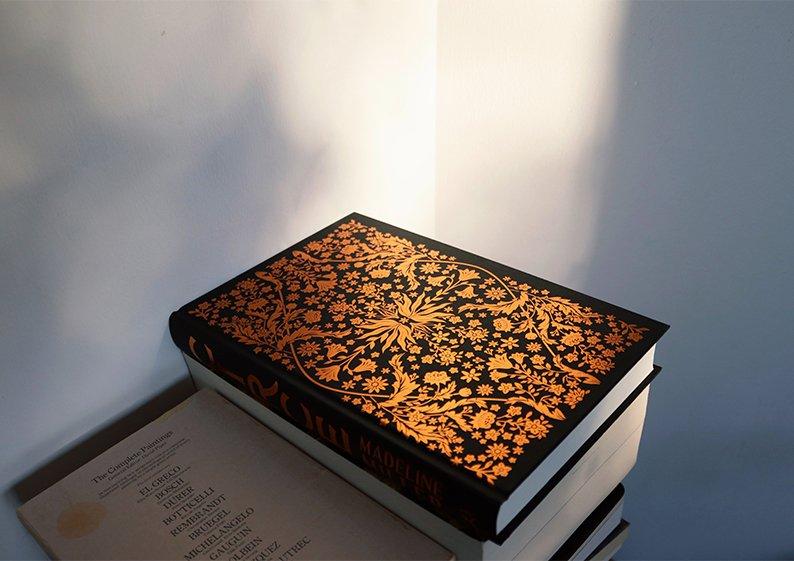
For this month's TOAST Book Club we review Circe by Madeline Miller, the author of the Orange Prize winning The Song of Achilles.
Not every god need be the same.' This is the advice given to Circe, eternal daughter of the sun god Helios, born with a mortal voice. For although she will live forever in sumptuous halls of divinity, Circe has a problem: she is different.
In her eagerly-awaited second novel, Madeline Miller has created a life-affirming tale of astonishing beauty. Inspired by Homer's The Odyssey, it is of course rich in elements of fantasy, but the message at the heart of this book is overwhelmingly human. What dark deeds can loneliness drive a person to commit and how does one live with the consequences?
Mocked for her ordinary looks and lack of power, Circe struggles to find recognition in the decadent but heartless palaces of the Titans. When she does at last uncover the skill hidden in her blood, it is not popular. Circe is a witch. Misunderstood and unable to control her burgeoning talent, she commits a crime that sees her banished to the island of Aiaia.
It is on this sun-drenched land of wild creatures that Circe finds the freedom to be herself, yet she is utterly trapped. Centuries of solitude on an island paradise are not as idyllic as they sound. Bitterness festers, and there are many who seek to exploit a trusting, generous goddess. Provoked beyond her endurance, Circe takes a sinister turn: she transforms the men who would harm her into a herd of pigs.
Miller's talent brings the myth vividly to life, revealing so much more than the witch of transmutation glimpsed in The Odyssey. Naturally the narrative sings with feminism, but the exploration of Circe's witchcraft delves far deeper than other tales of this kind, examining the use and abuse of power and the nature of eternity. Transformation remains a key theme, whether it be through love, motherhood, independence or powers of a darker origin, and it is this that gives the story its enduring sense of hope.
Other figures from Greek myth are woven into the book, culminating in the famous arrival of Odysseus himself and a meeting that will change the course of both characters' lives. It is no easy feat to resurrect the hero of Troy, the great traveller, prince of wiles and tricks and a thousand ways' in fiction, but Miller unveils a character so complex and ultimately likeable that you expect him to walk off the page. At last, Circe discovers a mind as sharp as her own, prepared to treat her as an equal. But Odysseus has his own family and a destiny with the gods, which he is no more able to escape than his divine patroness herself.
This book is a sensuous, thrilling experience, combining exquisite prose with high drama. For the first few chapters, I wondered if I would be able to immerse myself in a world so wildly different from our own, where river gods speak with a rush of boulders and skin glows like molten bronze, but I sank slowly under Miller's enchantment without noticing. The pettiness and casual brutality of the deities is sadly recognisable in modern political times, while Circe's quest for validation will ring a chord with men and women alike. There are real and metaphorical demons to battle along the journey, but the question remains whether a witch has created them or simply revealed their true nature.
The TOAST Book Club is published on the last Friday of every month. The book club exists in a purely digital space and we hope that you will add your own opinions and thoughts below. This review was written by Laura Purcell, author of The Silent Companions. Her new novel, The Corset, will be published in October by Raven Books. Image by Laura Oosterbeek.
Add a comment